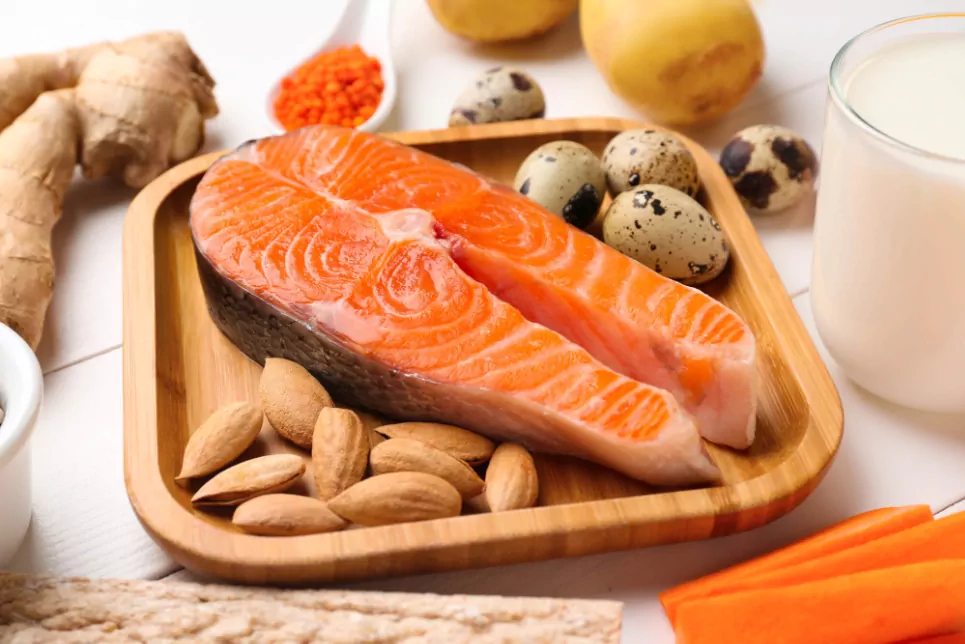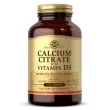Strong Bones: The Power of Calcium and Dairy Protein

Key Takeaways
Calcium and dairy protein for bone health:- Essential Calcium: Vital for bone strength and preventing osteoporosis.
- Dairy Protein Benefits: Supports muscle and bone health post-exercise.
- Lifecycle Importance: Crucial across all life stages for peak bone mass.
Article by Arnie Gitomer Apr 10, 2023
Most Americans have grown up believing milk consumption was vital to keep bones healthy and strong. However, in recent years, speculation has been that milk and dairy products may not be essential for adults. Calcium is that calcium is vital to maintain bone health and prevent osteoporosis. While calcium can be found in many foods and supplements, dairy proteins are among the best.The Importance of Calcium and Bone Health
Bone mass increases gradually until around age 35. If it declines, you may develop osteoporosis. Osteoporosis is a progressive disease in which bones lose mass and minerals over time. As a result, the bones become porous and are more prone to breaking easily.And while many factors contribute to osteoporosis, calcium intake is one of the biggest. Sufficient calcium, combined with exercise and good nutrition, can slow the progression of osteoporosis, reducing the likelihood of bones breaking.
Calcium is the most abundant mineral in the human body. Without adequate calcium, one’s bones, nervous system, muscles, and blood would suffer. This is because the bones serve as the body’s main reservoir of calcium.
The body maintains calcium levels in the blood within a narrow range. If you aren’t getting sufficient calcium, it will be pulled from your bones and used by the body. Small amounts are excreted in the urine afterward. If your diet doesn’t compensate for the calcium taken from the bones, the bones become less dense and are more likely to break over time.
Dairy for Bone Health
One study shows that boosting calcium intake earlier in life increases bone mineral density (BMD) throughout the body, including at the femoral neck of the thigh bone, where it connects to the hip. This is the site where most fractures occur later in life. Therefore, supplementing calcium between the ages of 20 and 35 greatly benefits maintaining bone health later in life.Mothers generally lose about 2% of whole-body bone mineral content during pregnancy as the body provides the necessary nutrients for the fetus. As a result, mothers who adhered to a high-dairy protein diet had lower bone resorption levels and higher bone formation levels than mothers receiving non-dairy proteins.
A diet rich in high-calcium foods helps build peak bone mass during adolescence and adulthood, slowing the natural loss that occurs with aging. In addition, milk and other dairy foods are fortified with vitamin D3, which also impacts bone growth and formation.
Dairy products contain casein and whey proteins, contributing to strong bones. Whey protein is made up of essential amino acids, which are considered the building blocks of life. Current dietary guidelines recommend 10-35% of total calories come from protein. In addition to building, maintaining, and repairing muscle, the amino acids in protein can contribute to healthy bones, skin, and hair. In addition, adequate protein intake can control hunger to help with weight loss and maintain sufficient lean body mass.
Dairy foods have also been thought to protect against type 2 diabetes because of the high whey protein concentrate, which is rich in branched chain amino acid such as leucine, isoleucine, and valine. These amino acids may decrease postprandial glucose responses and stimulate insulin secretion. Another study has shown that drinking 1 cup of milk after a workout boosts muscle protein synthesis, which helps develop lean muscle mass. The milk proteins help you build muscle, which is a great fitness goal. As you can see, dairy products and dairy proteins can benefit your health in various ways and support bone health.
Adding Dairy to Your Diet for Bone Health
Dairy foods are an excellent source of calcium, potassium, Vitamin D, protein, phosphorus, magnesium, manganese, zinc, and Vitamin K. These nutrients are essential to overall health.And while some dairy products, such as ice cream, are high in calories, there are ways to add more dairy to your diet without overdoing it.
Incorporating low-calorie and low-fat dairy products is one way to benefit from dairy proteins without worrying about weight gain. Great options include:
- Cottage cheese
- Greek yogurt
- Skim milk
- Cheese
- Yogurt
Cheese is an excellent option since it can add flavor to any meal. However, yogurt and Greek yogurt also contain probiotics that support long-term digestive health. You can also get more dairy by adding it to post-workout smoothies. And milk contains 18 of the 22 nutrients considered most important for human health. While many of these nutrients can be found in supplements, the human body does not absorb them as well as when consumed as part of a diet.
The Dietary Guidelines for Americans recommend three 8-ounce servings of milk daily or a dairy equivalent, such as cheese or yogurt. And each serving contains approximately 8 grams of protein, approximately 300 milligrams of calcium, and 100 units of Vitamin D. The other minerals and nutrients may vary. However, there is no denying that milk and dairy products pack a powerful punch regarding nutrient density. Together, these nutrients can lead to strong bones throughout one’s life.
 |
Read more about Arnie Gitomer |
Product Search Results

|
Calcium Citrate W/D 250/150 | Solgar | $12.29 | 13307 |
